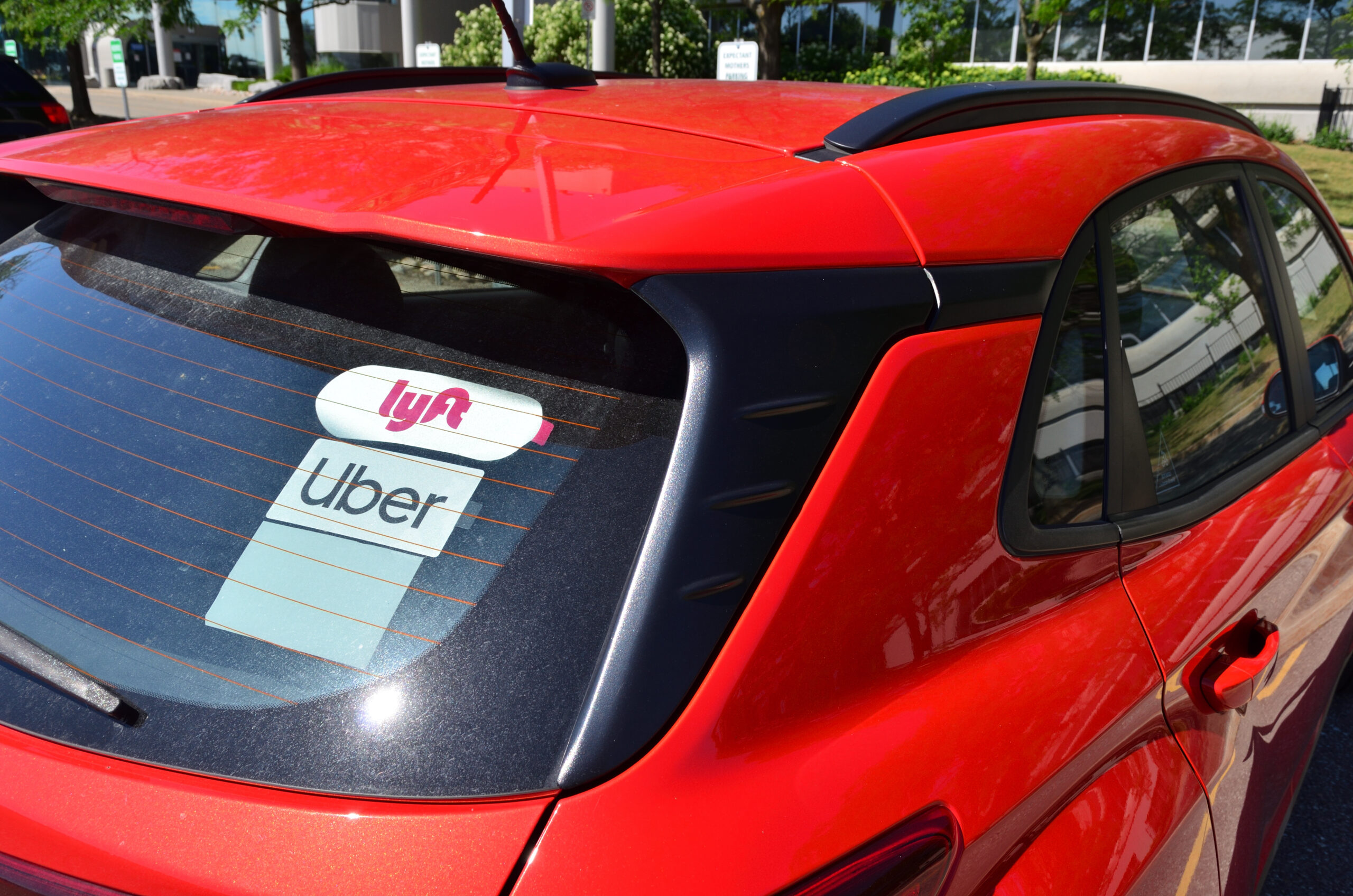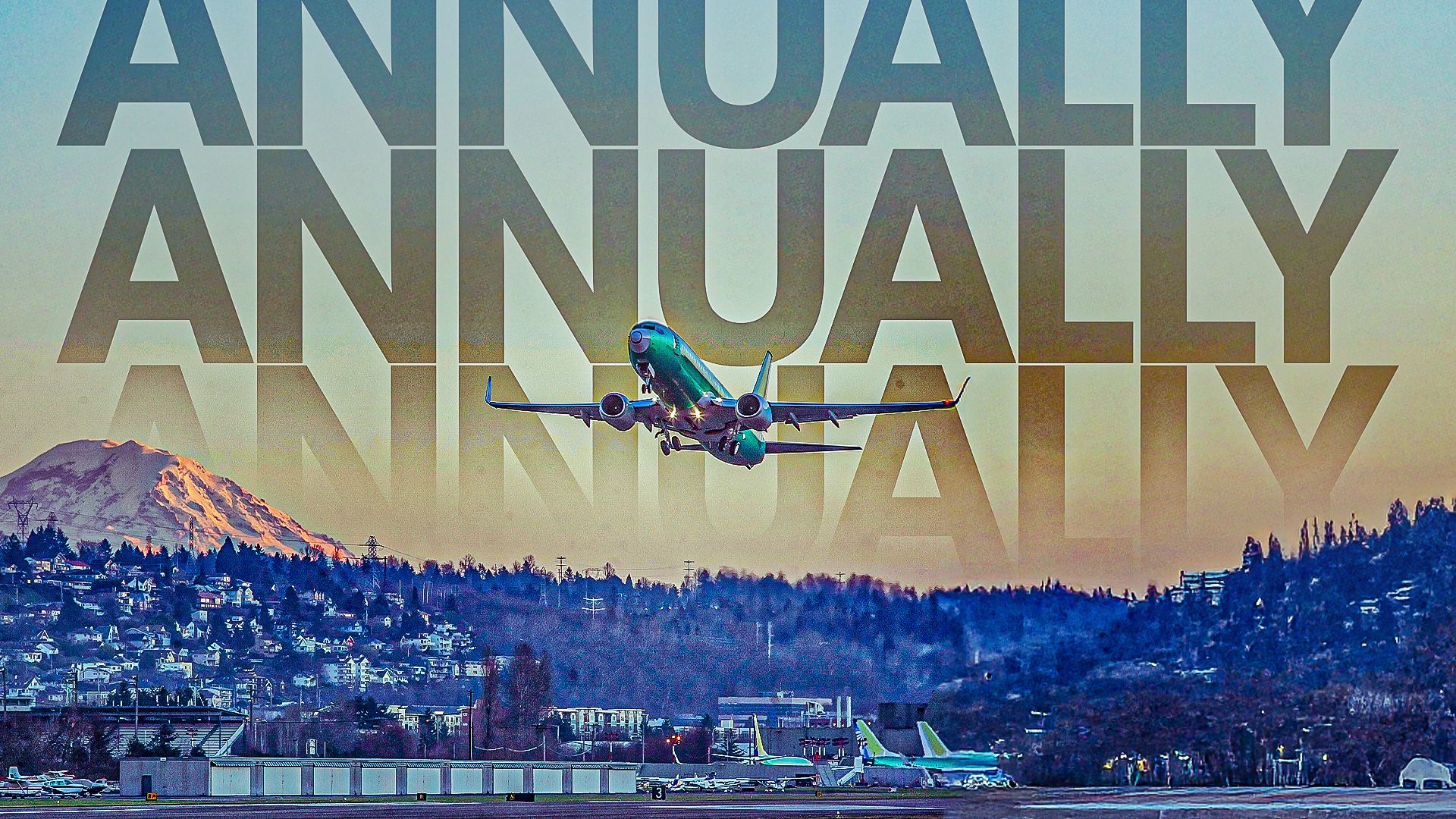The Supreme Court of New Zealand has delivered a landmark ruling, determining that Uber drivers should be classified as employees rather than independent contractors. This decision, made on Monday, grants drivers access to vital protections, including minimum wage, paid leave, and collective bargaining rights.
The court’s ruling emphasized that the relationship between Uber and its drivers must be assessed based on the actual nature of their engagement, as stipulated in Section 6 of the Employment Relations Act. This section mandates that courts evaluate the “real nature of the relationship” beyond mere contractual terms.
Key Findings of the Court
The court’s decision draws from a precedent established in a 2005 case and applies traditional common law tests for employment, which consider factors such as control, integration, and whether workers operate their own businesses. The ruling described Uber’s contractual language as “window-dressing,” asserting that it masked the reality of an employment relationship.
Despite the company’s insistence that drivers are independent contractors, the court concluded that Uber provides passenger transport services and employs drivers to fulfill these services within an employment framework. The judgment highlighted the extensive control mechanisms employed by Uber, including its unilateral authority over driver discipline, algorithmic fare-setting, GPS tracking, and a performance monitoring system based on user ratings.
The court stated that Uber’s rating system functions as an internal management tool, shaping how drivers operate. By rejecting Uber’s portrayal of itself as a simple facilitator of driver-passenger contracts, the ruling clarified that passengers engage Uber directly for transport services, not just individual drivers.
Implications of the Ruling
This ruling marks a significant development in a legal battle that began in 2022, clarifying that contracts lacking explicit definitions of employment can still signify an employment relationship when considering the overall context.
Similar legal challenges regarding the employment status of gig economy workers have emerged globally. In a related case in 2023, a United States appellate court ruled that Uber drivers are subject to employment contract arbitration clauses, indicating a growing trend toward recognizing the employee status of gig workers.
This ruling not only sets a precedent in New Zealand but also contributes to an ongoing international dialogue concerning the rights of gig economy workers. As legal frameworks evolve, the implications of this decision may influence legislation and labor practices in other jurisdictions, shaping the future of work in the gig economy.







